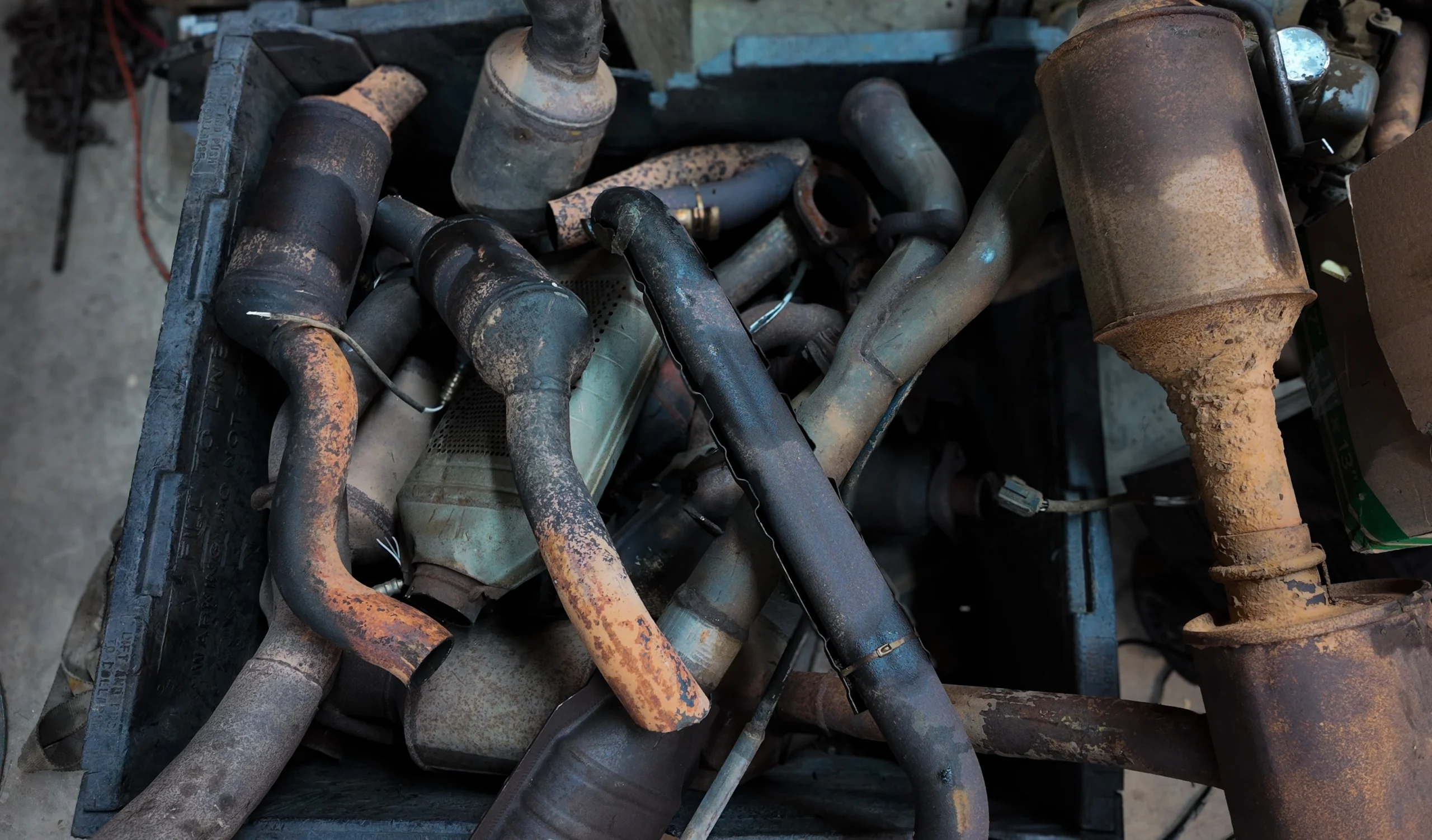Catalytic converters play a vital role in reducing harmful emissions from vehicles, making our air cleaner and contributing to environmental sustainability. However, like any other component, they have a finite lifespan and eventually need to be replaced. The recycling of catalytic converters is not just beneficial but essential. Here’s why catalytic converter recycling is crucial and how it impacts the environment, economy, and resource conservation.
The Value of Catalytic Converters
Catalytic converters contain precious metals like platinum, palladium, and rhodium. These metals are critical in facilitating the chemical reactions that convert harmful gases into less harmful emissions. Due to their rarity and high demand, the catalytic converter price can be quite significant. This intrinsic value makes catalytic converter recycling economically viable and environmentally necessary.
Environmental Impact
- Reduction of Mining: The extraction of precious metals is an environmentally intensive process, involving significant land disruption, water usage, and energy consumption. By recycling catalytic converters, we reduce the need for new mining operations, thereby minimizing the environmental footprint.
- Waste Reduction: Discarded catalytic converters contribute to landfill waste. Recycling these components helps decrease the amount of waste, promoting a more sustainable waste management system.
- Lower Emissions: Manufacturing new catalytic converters from virgin materials releases greenhouse gases. Recycling existing units can significantly cut down these emissions, contributing to a lower carbon footprint.
Economic Benefits
- Cost Savings: For vehicle owners and manufacturers, recycling catalytic converters can offset the cost of new units. Given the high catalytic converter price, this can be a substantial saving.
- Resource Efficiency: Recycling ensures the precious metals within catalytic converters are re-used, making the most efficient use of these limited resources.
- Job Creation: The recycling industry, including catalytic converter recycling, generates employment opportunities in collection, processing, and refining sectors, boosting local economies.
The Role of Catalytic Converter Recyclers
Catalytic converter recyclers are specialized entities that manage the process of recovering valuable metals from used converters. They play a pivotal role in ensuring the efficient and environmentally friendly processing of these components.
- Expertise: Professional recyclers like Recohub have the expertise and technology to extract precious metals safely and effectively, ensuring maximum recovery and minimal waste.
- Sustainability: By choosing a certified catalytic converter recycler, you contribute to sustainable practices that prioritize environmental health and resource conservation.
- Economic Incentives: Recyclers often offer competitive pricing for used catalytic converters, providing an incentive for individuals and businesses to recycle rather than dispose of these valuable components.
Why Choose Recohub for Catalytic Converter Recycling?
At Recohub, we specialize in catalytic converter recycling and are committed to offering top-notch services that benefit both our clients and the environment.
- Competitive Pricing: We provide excellent value for your used catalytic converters, reflecting the current catalytic converter price trends.
- Expert Service: Our experienced team ensures that the recycling process is efficient and environmentally responsible.
- Sustainability Commitment: By recycling with Recohub, you help reduce the demand for newly mined metals, supporting a greener planet.
Conclusion
Recycling catalytic converters is not just an option; it is a necessity for a sustainable future. The environmental benefits, economic incentives, and resource conservation make catalytic converter recycling an essential practice. By partnering with a reputable catalytic converter recycler like Recohub, you can ensure that your used converters are processed responsibly and efficiently, contributing to a healthier environment and a more sustainable economy.







